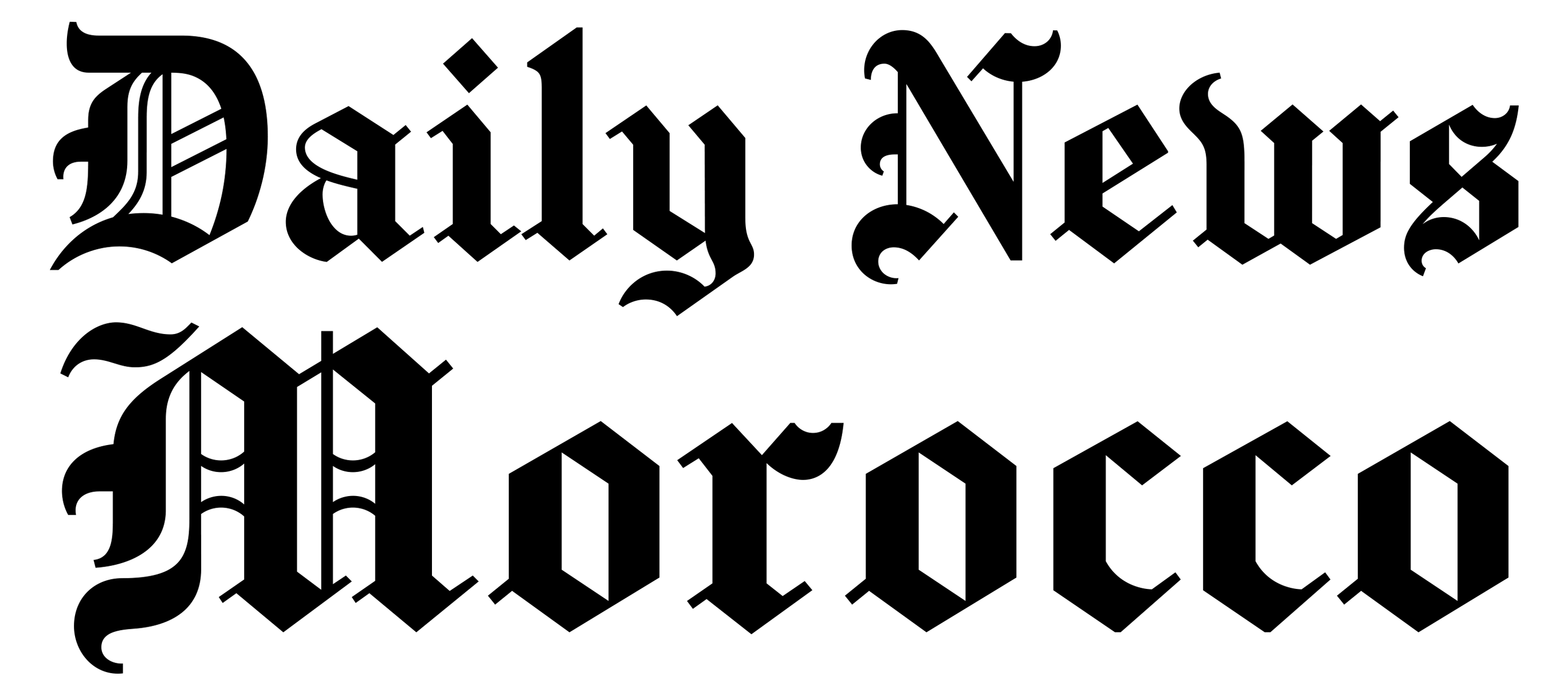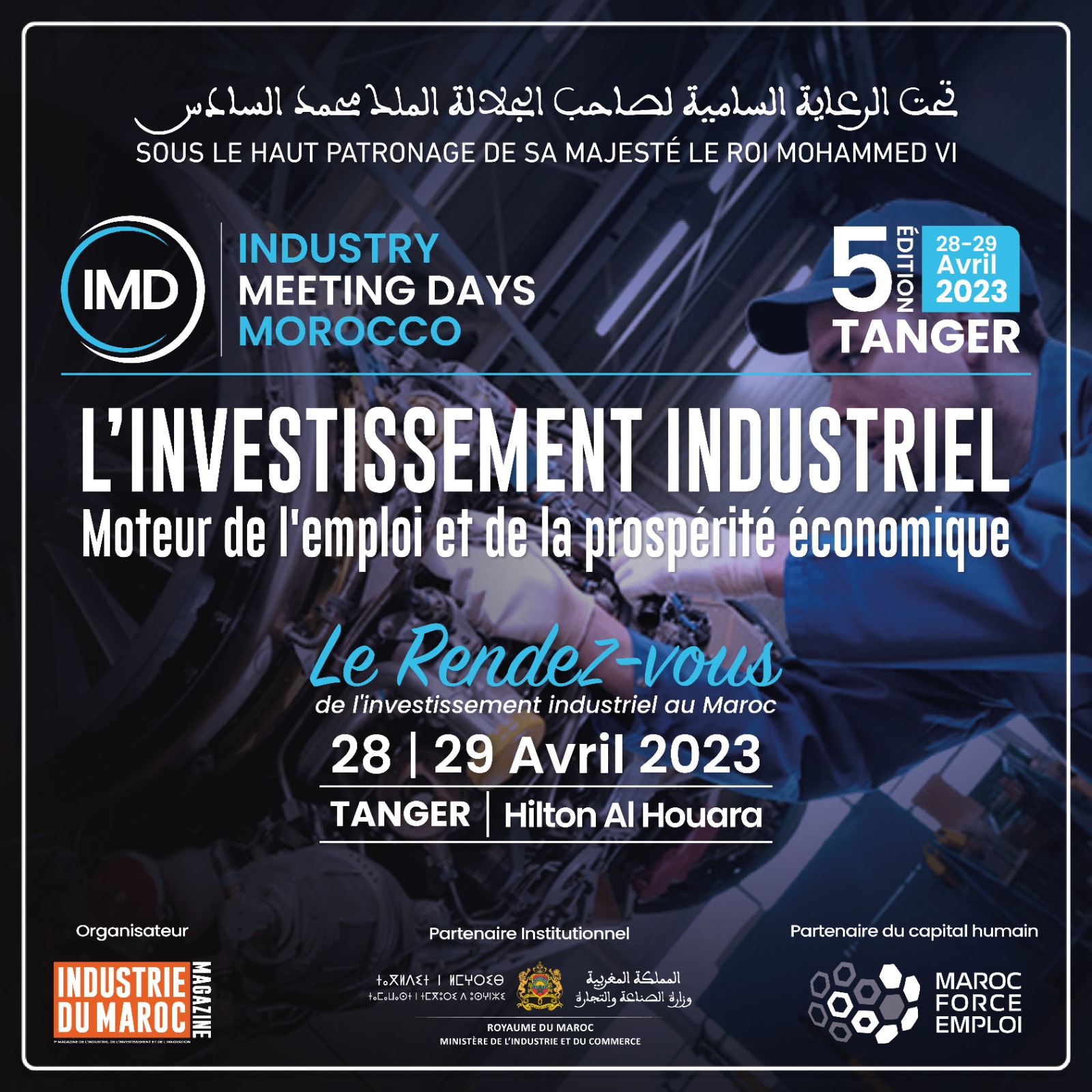“What optimal energy mix for companies in search of competitiveness” is the theme of the third panel of the 2nd edition of the International Forum of Energy for Industry (FIEI) opened this morning of July 4 in Casablanca under the central theme of “Decarbonization: lever for industrial competitiveness”.
This panel saw the participation of Omar Alaoui Mhamdi, deputy general manager of TAQA Morocco; Mohammed Bernannou, member of the Council of the National Electricity Regulatory Authority (ANRE); Khadija Bendam, president of the Moroccan section of “Women in Nuclear Global”; Hicham El Abid, Director C&I-EDF Morocco and Tarik Nassif, Director at JESA.
The objective of this third panel was to determine the route to take to achieve the optimal energy mix for Moroccan companies in search of competitiveness. Together, the experts in the field analyzed long-term energy supply and demand, as well as the place of renewable energies, natural gas, but also nuclear power in the energy mix. All energies were at the heart of this panel on the quest for competitiveness. For the various panelists, the optimal energy mix is possible for any company in search of competitiveness by taking into account the assets of Morocco.
“If Morocco wants to be attractive, it has every interest in having an energy cost that remains competitive. The cost of energy in every investment choice has a big place. When an investor wants to invest one of the major elements he tries to see is the cost of energy,” said Omar Alaoui Mhamdi, DGA of TAQA Morocco. For him, Morocco certainly has no energy resources, the Kingdom imports a large part of the energy resources. On the other hand, “we have the most interesting solar and wind resources, with radiation of more than 2300 kwh/year per km, with wind speeds that exceed 9m/s, on the entire coastal part it is greater than 2m/ s, compared to what is found at European and even American level. Finally, it is this energy that it is necessary to be able to monetize in order to be attractive to foreign investors”.
A competitive and inclusive mix
A competitive mix is a balanced, inclusive mix, it is both renewable and thermal energy to have a mix that makes it possible to serve the base load and at the same time provide competitive carbon-free energy through renewables.
The competitive energy mix is also a mix that will promote the inclusion of gas in the energy mix, because it goes hand in hand with renewables. We cannot reach our objective of 52% of installed capacity in renewable energy without having a mix that introduces gas into the national network to manage the intermittency of renewables, but also to be able to decarbonize, because gas is 40% less of carbon compared to coal. It is therefore necessary to introduce more gas to be able to decarbonize, but also to gain in competitiveness.In this context, Kaberuka said that the resilience of Africa is inescapable through the reform of health systems and the generalization of social protection, debt management and quality of spending, and the promotion of a true African pharmaceutical industry, highlighting, as an example, the project to build in Morocco a manufacturing unit of anti COVID-19 and other vaccines and which will help ensure and guarantee the sovereignty of vaccines in Africa.
The African Caucus, of which Morocco holds the presidency for the current year, meets in Marrakech, in order to coordinate and harmonize the positions of the African Governors concerning the annual memorandum which is addressed to the IMF and the WBG and presented on the occasion of the Annual Meetings of these two institutions.
Several issues are on the agenda of this meeting, including the debt problem, the challenges of digitalization and climate change.
Participants in this economic event will discuss several topics including: “Financing Africa’s development: the challenges of the current situation”, “Repositioning public debt as a catalyst for economic recovery and sustainable growth”, “Rethinking the global financial architecture”, “regional economic integration”, “the climate crisis” and “dealing with the impact of climate on food security”.
The work of this meeting will be sanctioned by the adoption of the “Marrakech Declaration”.
Created in 1963, the “Africa Caucus” is a forum for consultation of African countries for coordination with the IMF and the WBG in joint development programs.
The Caucus usually meets once a year (July-August), at the initiative of its chair, to coordinate and harmonize the positions of African governors on the annual memorandum that is sent to the IMF and WBG and presented at the Annual Meetings of these two institutions.




